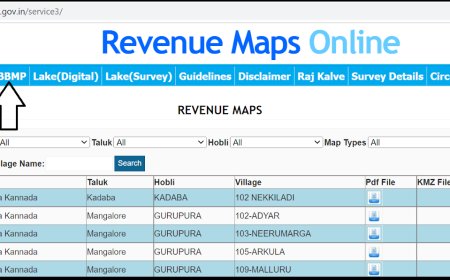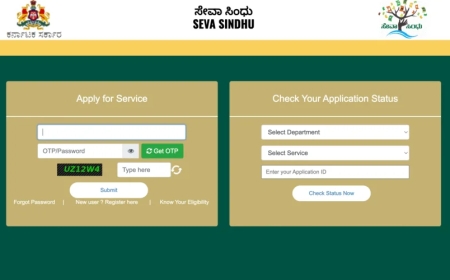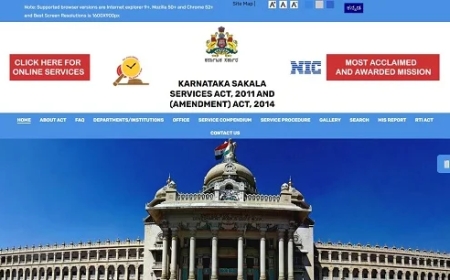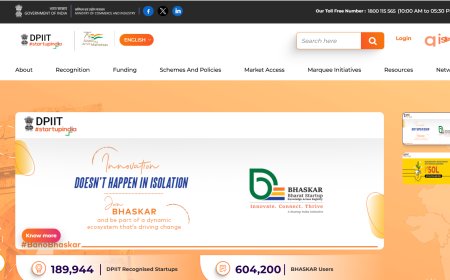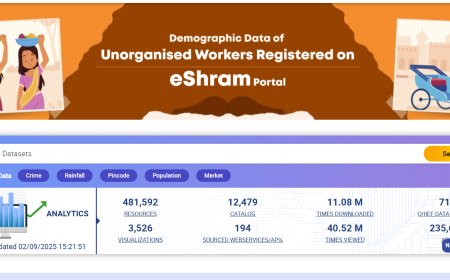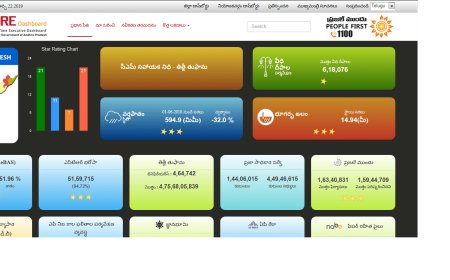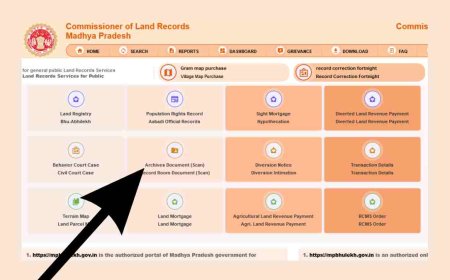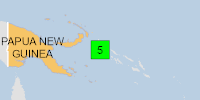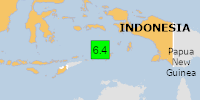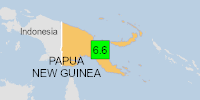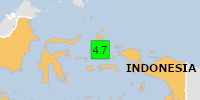Powerful 4.6M Earthquake Rocks Papua New Guinea, Impacting 290,000 Lives | TNNEWS
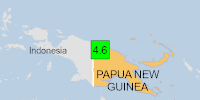

Stay Informed: Weather, Earthquake, and Tsunami Alerts
Alert Overview: Understanding and responding to weather, earthquake, and tsunami alerts is crucial for public safety. These alerts signal potential threats and require immediate attention and action.
Recognizing the Signs
Alerts for severe weather, earthquakes, or tsunamis are issued when there is a significant risk to life and property. These warnings can be triggered by natural phenomena such as storms, seismic activity, or oceanic disturbances.
How to Prepare and Respond
Preparation is key to minimizing risk. Ensure you have an emergency kit ready, including essentials like water, food, and first-aid supplies. Familiarize yourself with evacuation routes and have a communication plan in place with family and friends.
Verify Information from Trusted Sources
Always rely on official channels for updates, such as government websites or local news outlets. Avoid spreading unverified information or rumors, as these can cause unnecessary panic and confusion.
Stay Calm and Follow Instructions
In the event of an alert, remain calm and follow the guidance provided by local authorities. Whether it’s seeking shelter or evacuating, adhering to official instructions is vital for your safety.
Recent Developments and Statistics
With climate change increasing the frequency of extreme weather events, staying informed is more important than ever. Recent data shows a rise in the number of alerts issued globally, emphasizing the need for preparedness and awareness.
Conclusion: Be Proactive and Informed
By understanding the nature of these alerts and preparing accordingly, you can protect yourself and your loved ones. Stay informed, stay prepared, and always prioritize safety by following official guidance.
What's Your Reaction?
 Like
0
Like
0
 Dislike
0
Dislike
0
 Love
0
Love
0
 Funny
0
Funny
0
 Angry
0
Angry
0
 Sad
0
Sad
0
 Wow
0
Wow
0





